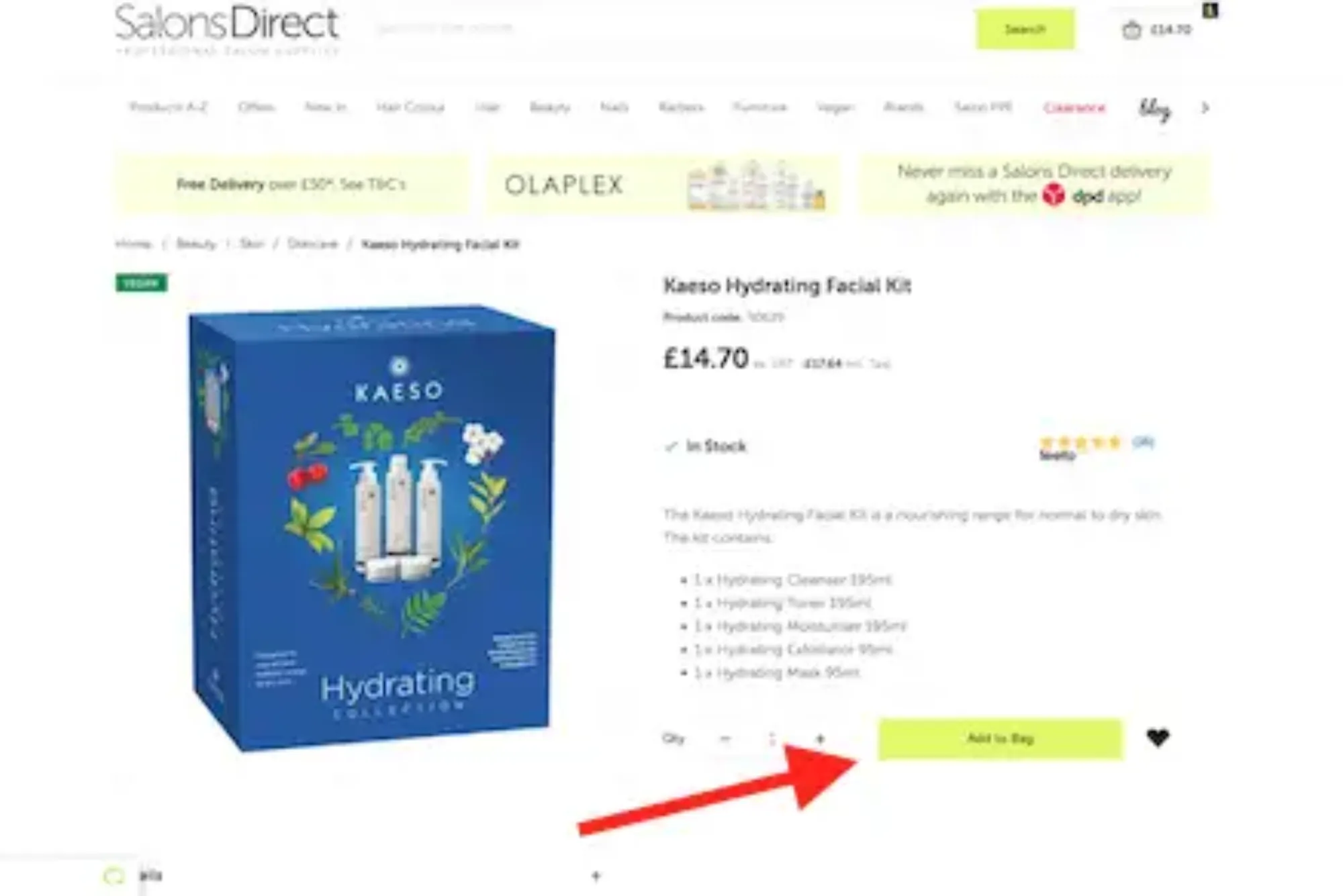Understanding the UK’s Gambling Regulation Landscape
When you place a bet online in the UK, you’re operating within one of the world’s most tightly regulated gambling markets. The cornerstone of this framework is the Gambling Act 2005, which created the UK Gambling Commission (UKGC). The Commission’s role is to license, regulate, and enforce standards to ensure operators behave fairly and protect vulnerable players. As a bettor, it helps to understand how this system works: licensed operators must undergo rigorous background checks, demonstrate financial stability, and adhere to strict anti-money laundering controls. This framework underpins your confidence that web-based bookmakers and casinos operate transparently and responsibly.
Licensing Requirements and Operator Responsibilities
All firms offering online betting services to UK customers must hold a valid UKGC license. This requirement extends to everything from sports betting to virtual slots. Operators must demonstrate robust systems for age verification, customer identity checks, and ongoing monitoring of account activity to spot signs of problem gambling. Beyond technical controls, they are legally obliged to provide clear terms and conditions, honor self-exclusion requests, and offer tools such as deposit limits, reality checks, and cooling-off periods. Bettors sometimes explore alternatives like a non GamStop casino to access different games or promotions outside the self-exclusion register, but it’s vital to recognize that those sites operate beyond the UKGC’s remit, potentially without the same consumer protections you’d find on licensed platforms.
Player Protections and Responsible Gambling Measures
Ensuring a safe environment for players goes beyond licensing. The UKGC mandates that operators conduct affordability checks if there are red flags—such as rapid deposit increases or frequent high-value bets. Licensed sites must also fund organizations like GamCare and the National Gambling Helpline, which offer free, confidential support to anyone struggling with gambling harm. In my own experience, I once noticed a close friend spiraling through losses on a major bookmaker; thanks to the self-exclusion scheme and a referral to a UKGC-backed helpline, they were able to pause their account immediately and access free counseling. These protections exemplify how regulation extends into real life, helping to prevent and address gambling-related harm.
Advertising Standards and Marketing Compliance
Online betting firms invest heavily in marketing, but the UK imposes strict rules on how they can advertise. Promotions must not target minors or portray gambling as a solution to financial woes. The UKGC’s “Social Responsibility Code” and the Advertising Standards Authority’s (ASA) guidelines require operators to present balanced messages—showing both the entertainment value and the risks inherent to gambling. For instance, ads for free bets must include clear wagering requirements and expiration dates. If you’ve ever signed up for a new sportsbook and seen the minimum stake details in fine print, that’s the result of these legal safeguards. Being aware of them helps you interpret promotional offers confidently, so you know what you’re really getting.
Anti-Money Laundering and Financial Reporting
Betting platforms must comply with the UK’s stringent anti-money laundering (AML) regulations, headlined by the Proceeds of Crime Act 2002 and subsequent updates. Operators are required to file Suspicious Activity Reports (SARs) if transactions appear irregular and to conduct enhanced due diligence for high-risk customers. As a bettor, you may be asked to provide proof of identity, source of funds, or to verify large deposits and withdrawals. While it can feel intrusive at first, these measures ensure that the industry remains free from illicit finance and maintain the integrity of the market you enjoy.
Taxation of Betting Winnings
One of the benefits of betting in the UK is that gambling wins are not subject to income tax. Unlike many other countries, the UK does not levy taxes on personal gambling profits, meaning your winnings come to you in full. That said, operators themselves pay a point-of-consumption tax of 15% on gross gambling yield, which can influence their margins and promotional budgets. Understanding this tax environment clarifies why some bets offer better odds or why bonus terms might appear restrictive—operators balance marketing spend against tax obligations.
Offshore Operators and Emerging Legal Questions
While the UKGC licenses domestic and international companies serving British customers, some bettors explore offshore platforms outside UK jurisdiction. Playing at an unlicensed offshore site means forfeiting many protections: you cannot self-exclude via GamStop, complaints to the UKGC won’t apply, and dispute resolution may be unavailable. Yet these sites often tout attractive sign-up offers or a wider game selection. I’ve spoken with players who ventured into these waters seeking novel experiences—only to encounter slow payouts or unresponsive customer support. For most UK customers, sticking to UKGC-licensed sites provides greater peace of mind and recourse if things go wrong.
Practical Tips for Staying on the Right Side of the Law
If you’re serious about safe and legal online betting, start by choosing operators listed on the UKGC’s official register. Read the terms and conditions—particularly around deposit limits and bonus requirements—and make use of responsible gambling tools. Keep records of your bets and statements in case any disputes arise, and never chase losses under the misconception that a bigger stake will “fix” your session. Remember, betting should be treated as entertainment, not a money-making scheme. Should you ever feel in over your head, UKGC-accredited support services are just a call away.
Conclusion
Navigating the legal landscape of online betting in the UK can seem daunting at first, but it’s ultimately designed to protect you. From licensing and AML controls to advertising standards and responsible gambling measures, each regulation serves a purpose: ensuring fairness, transparency, and player welfare. By understanding these legal considerations and committing to safe play, you’ll enjoy your betting journey with confidence and peace of mind. Always stay within the regulated ecosystem, use the safeguards available, and remember that professional help is accessible if you need it.









